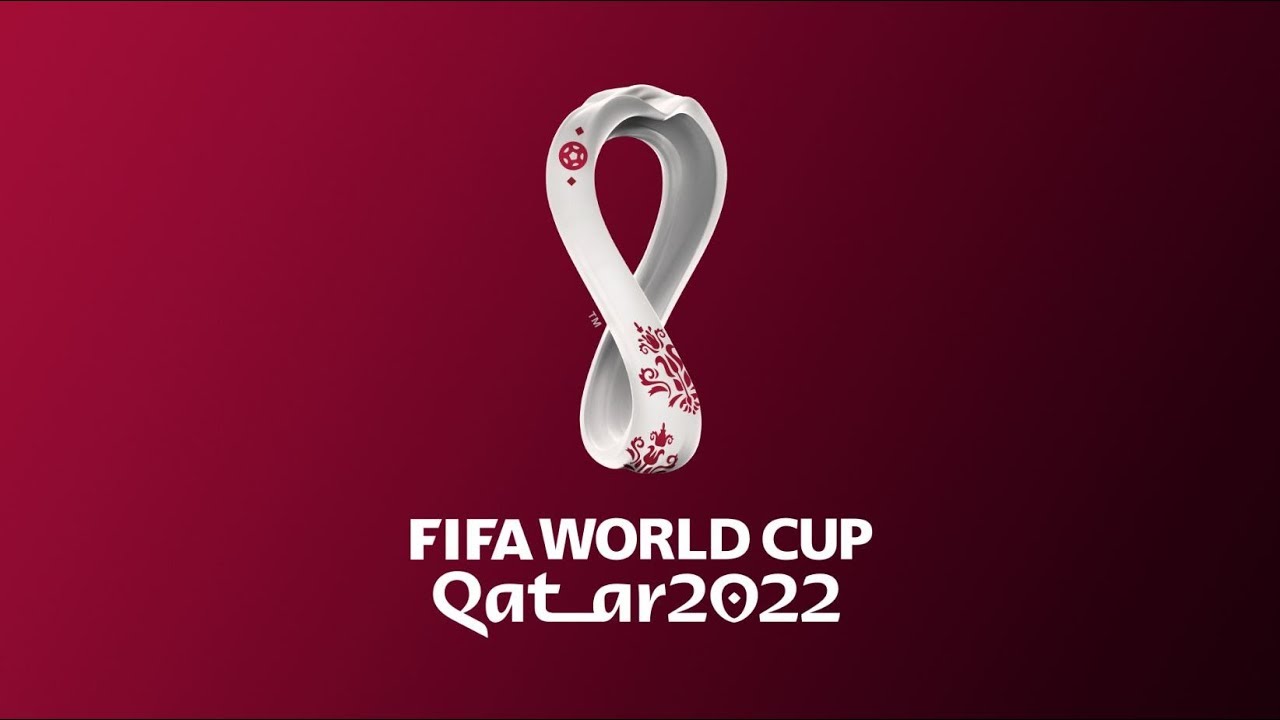FIFA World Cup Served as World Stage for Tobacco Marketing to Youth
Shadow marketing and legal loopholes lead to marketers created limited-edition World Cup cigarette packs in Indonesia; usage of Lionel Messi’s stardom in India to promote products; and promotion of e-cigarette sales in Mexico While tobacco advertising,


Shadow marketing and legal loopholes lead to marketers created limited-edition World Cup cigarette packs in Indonesia; usage of Lionel Messi’s stardom in India to promote products; and promotion of e-cigarette sales in Mexico
While tobacco advertising, promotion and sponsorship is banned at Fédération Internationale de Football Association (FIFA) World Cups, tobacco marketers continue to promote tobacco by linking it to the world’s most popular sport and sporting events in countries worldwide.
Released today, a new brief by Vital Strategies examines how the world’s most-watched sporting tournament, the football FIFA World Cup, is used to promote tobacco products and use. The brief offers a first-of-its-kind look at digital tobacco marketing on social media in Indonesia, India, and Mexico, leading up to and during the 2022 World Cup in Qatar.
“Despite tobacco being the antithesis to athleticism and health, tobacco marketing on social media platforms continues to use sports to mislead youth and hook them on these deadly products,” said Nandita Murukutla, Vice President, Global Policy and Research at Vital Strategies. “As traditional marketing channels shut out tobacco promotion, tobacco marketers have set their sights on social media to connect their products with sports, especially football, and have a direct channel to youth. Governments and social media companies alike must curb the promotion of these harmful products—and sports teams and its stars need to do more to distance themselves from the predatory tobacco marketing and its false claims.”
354 marketing instances were recorded in Indonesia, India and Mexico from publicly available posts on social media platforms including Facebook, Instagram and Twitter between September 15, 2022, and December 31, 2022. The brief analysis is based on data collected by Vital Strategies’ digital media monitoring system, The Tobacco Enforcement and Reporting Movement (TERM).
Key Findings:
- Football-themed tobacco marketing was observed on social media leading up to and during the World Cup: 354 total marketing instances were found. Most posts originated in Indonesia (92%) where there are few marketing regulations, followed by India (6%) then Mexico (2%), countries with stronger marketing regulations.
- Most marketing instances were observed on Instagram (73%).
- Most World Cup-related tobacco marketing was via brand extensions, primarily for ultra-processed foods
- Tobacco company-manufactured ultra-processed products were promoted using memes related to Lionel Messi and the Argentina national team, with the tobacco company logo clearly visible
- Marketing for tobacco product brands pegged to the 2022 FIFA World Cup in India wasn’t observed. However, such marketing for tobacco company extended brands was observed. Many of these brands were fast-moving consumer goods, specifically ultra-processed foods
“FIFA’s ban on tobacco promotion is a good first step, but alone lacks teeth,” said Vaishakhi Mallik, Associate Director, South Asia, Policy Advocacy and Communication at Vital Strategies India. “FIFA, football celebrities, and the industry surrounding the World Cup, must actively and explicitly distance themselves from the tobacco industry by calling out its shady youth-oriented marketing practices. In addition, India must strengthen policies to regulate online tobacco marketing.”
Key Recommendations:
- Countries must be alert to the rise in tobacco marketing during sporting events and should monitor marketing and engage in relevant enforcement efforts.
- Policies to regulate online tobacco marketing must be introduced or strengthened, and should explicitly ban cross-border advertising, promotion and sponsorship.
- There must be stronger coordination between various stakeholders vis-à-vis marketing restrictions across health-harming products. Marketing is happening between tobacco and ultra-processed foods, as tobacco companies circumvent tobacco advertising restrictions by extending to other types of health-harming products.
- Policies must be developed to prevent e-cigarette companies from using football—a sport heavily loved by youth—to promote their products.





